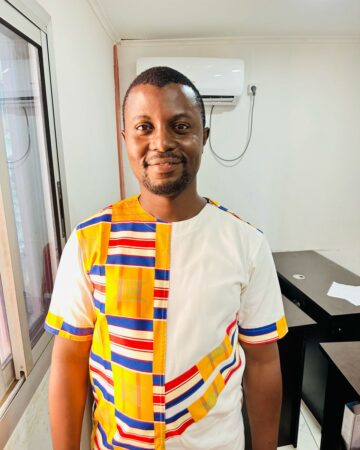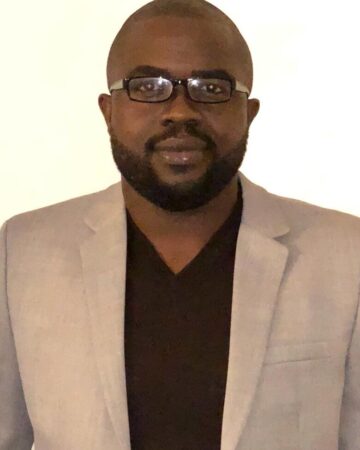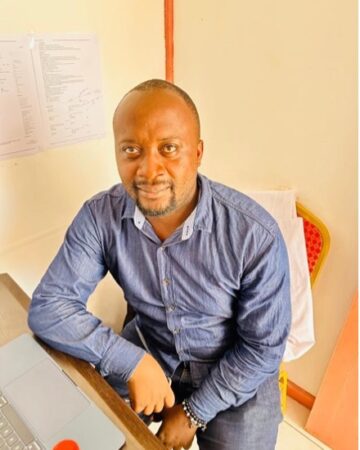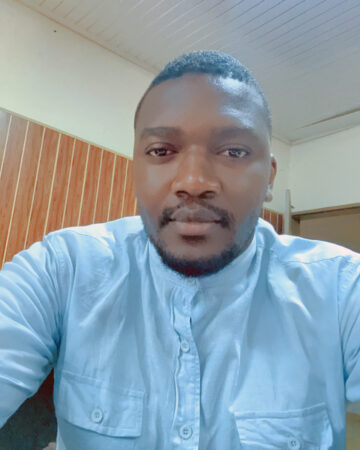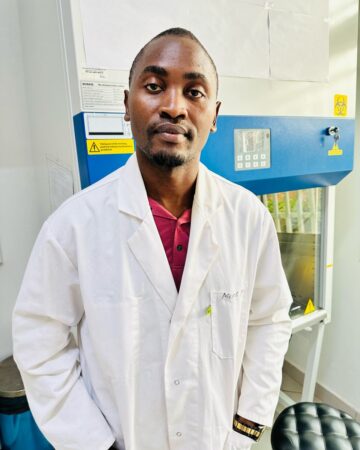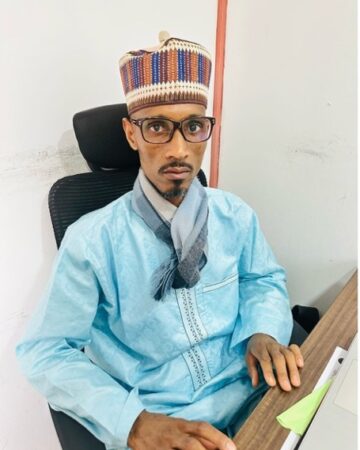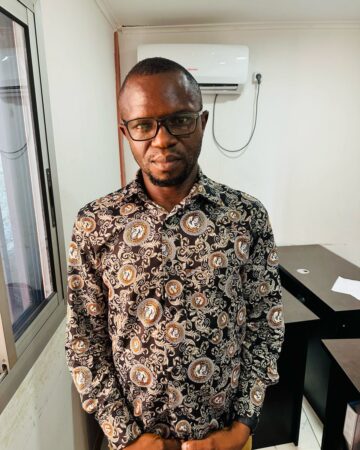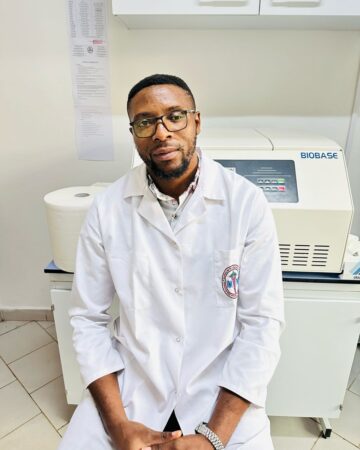Particularly we seek to:
- Map risk factors of helminth burdens and associated disabilities in poor communities so as to better inform current control strategies.
- Identify and characterise host regulators of helminth transmission and morbidity so as to design host-directed therapies.
- Understand the complex interplay between helminths and memory immune responses in the context of vaccination so as to provide strategies that incorporate the potential influence or lack of influence of these parasites during vaccination campaigns.
- Understand the tripartite interaction between helminth infections with their associated tissue pathology, the host factors and the microbiome for a host/microbiome-incorporating design of intervention strategies during helminth infections.
- Identify helminth-derived host modulators that could inform better ways to mitigate untoward responses that drive disease.
Our research may be informative in the development of anti-helminth vaccines, novel anthelminthic drugs, public health policies and in identifying helminth-derived therapeutics that could help alter negative host responses.
Our group makes use of available clinical sites in West Africa (Cameroon) where helminth endemic areas are mapped for prevalence and morbidity.
Human tissue biopsies (blood, serum, plasma, stool samples) and murine models of transgenic mice are used in partnership with collaborators for in-depth mechanistic assays involving various immunological assays (Cytometry, luminex/ELISA), next generation sequencing (DNA, RNA), metabolome, cytokine & microbiome studies.
Funding
The IBHI Lab has received past and present funds or support from :
- the European Union via the European & Developing Countries Clinical Trials Partnership (EDCTP2) programme,
- the UK Royal Society
- the African Academy of Sciences,
- the Merck Global Health Institute,
- the Poliomyelitis Research Foundation
- the University of Glasgow (WCIP, GCID, FLAIR CG…)
Collaborations
Africa
- Prof Frank Brombacher, UCT, South Africa (Mouse models)
- Dr Katie Lennard, UCT, South Africa (Bioinformatics)
- Dr Owona Ayissi Brice, University of Yaoundé 1, Cameroon (Neuroimmunoparasitology)
- Dr. Alim Oumarou, MinSante, Cameroon (Ultrasonography)
- Dr Rene Essomba, LNSP, Yaoundé, Cameroon (Clinical Immunology)
- Prof Louis Albert Tchuem Tchuenté, CSP, Yaoundé, Cameroon (Schistosomiasis)
Americas
- Prof Henrique Ferreira, Universidade Federal do Rio Grande do sul, Brazil (Helminth/Host Proteomics)
- Prof De’Broski Herbert, University of Pennsylvania, USA (Helminth Immunology)
UK, Europe
- Dr Thomas Spangenberg – Global Health Drug Discovery, Merck KgaA, Switzerland (Schistosomiasis)
- Prof Manfred B. Lutz, University of Würzburg, Germany (Immunotherapeutics)
- Prof Klaus Brehm, University of Würzburg, Germany (Tapeworm research)
- Prof Poppy Lamberton, University of Glasgow, UK (Clinical Schistosomiasis)
- Dr Claudia Demarta-Gatsi, Global Health Institute, Merck KgaA, Switzerland
- Dr Sergi Alonso, University of Glasgow, UK (Health Economics)
